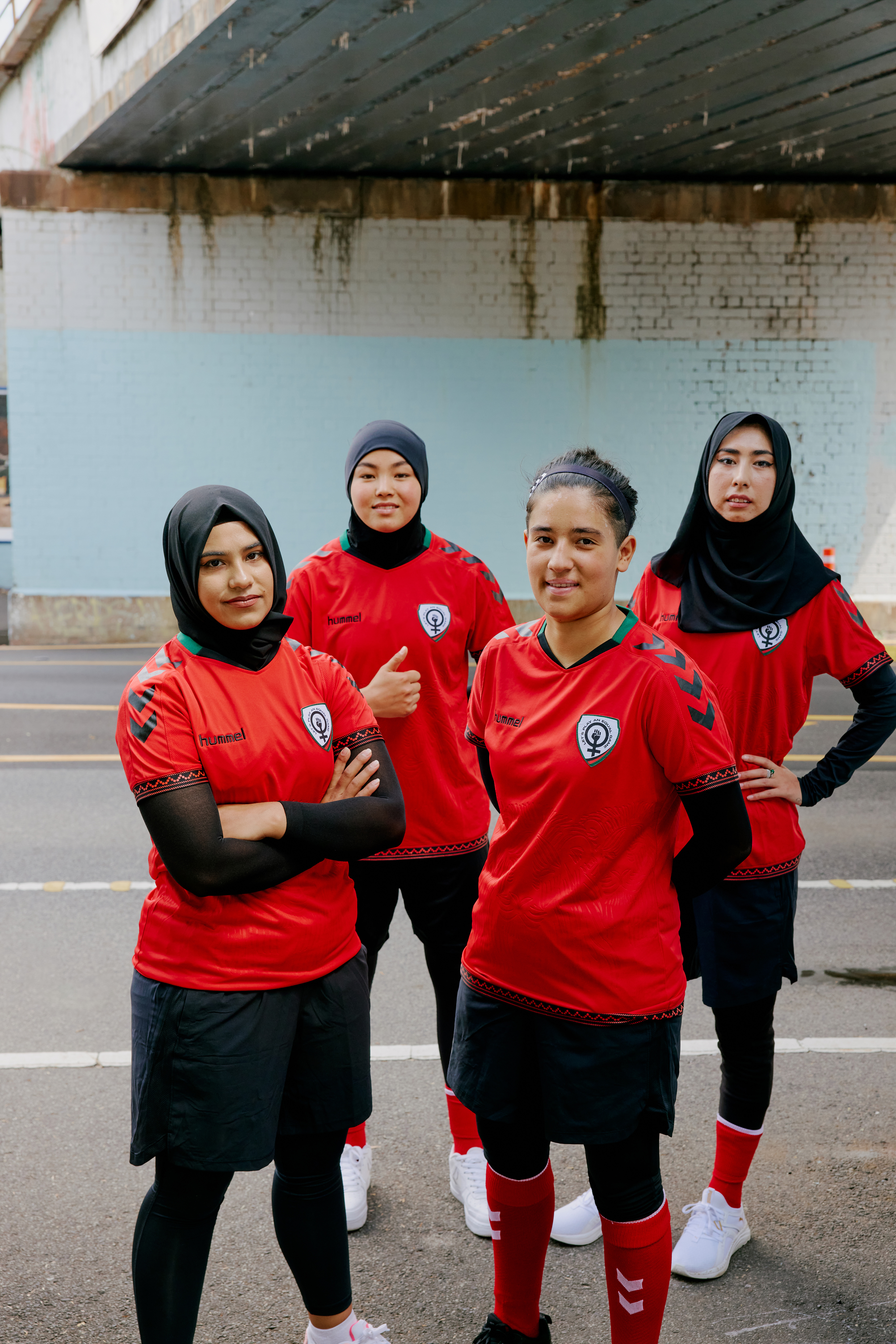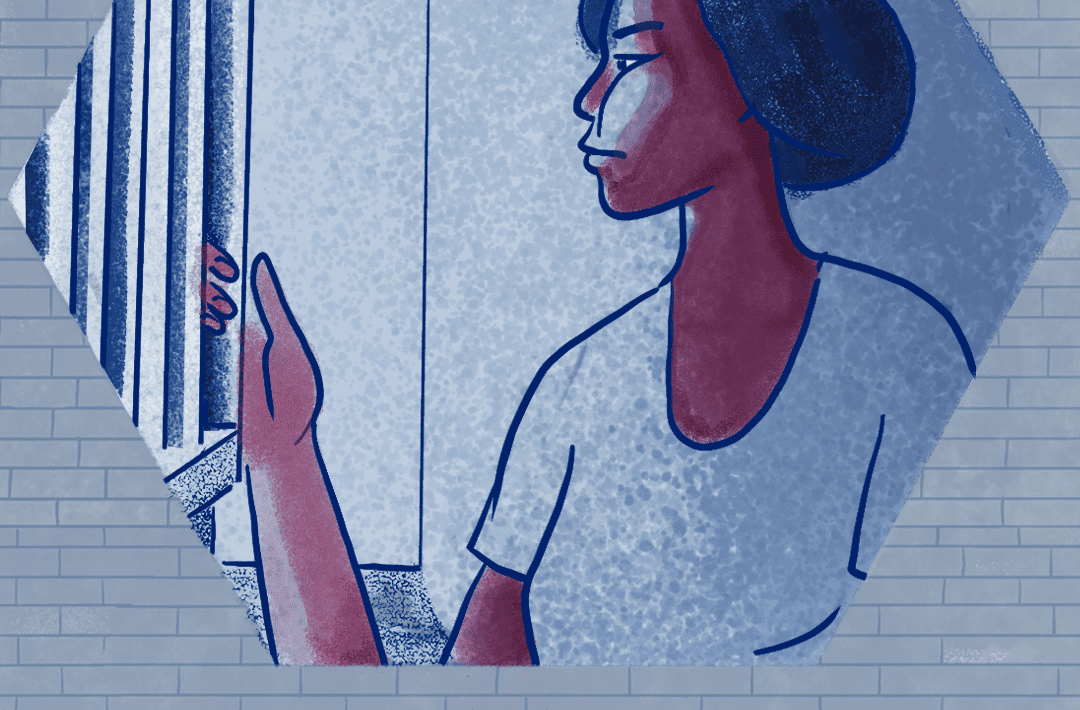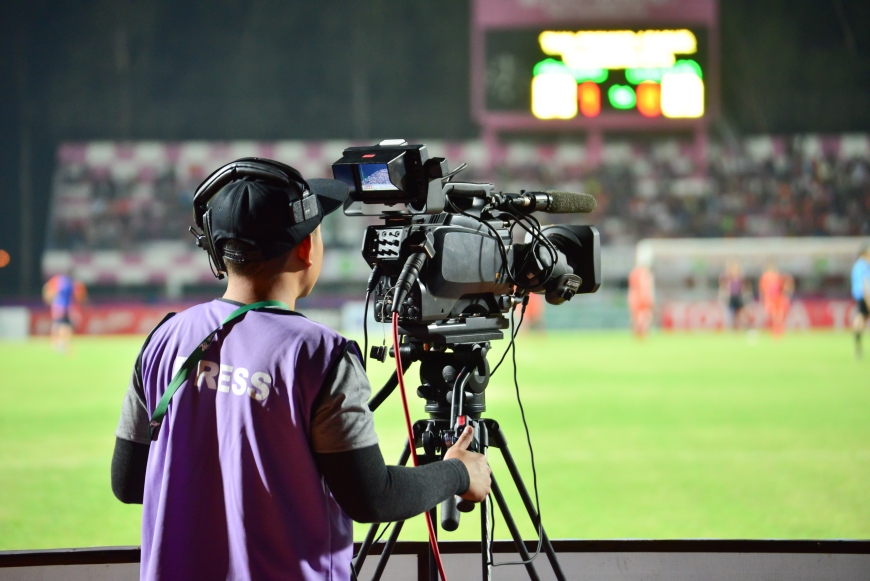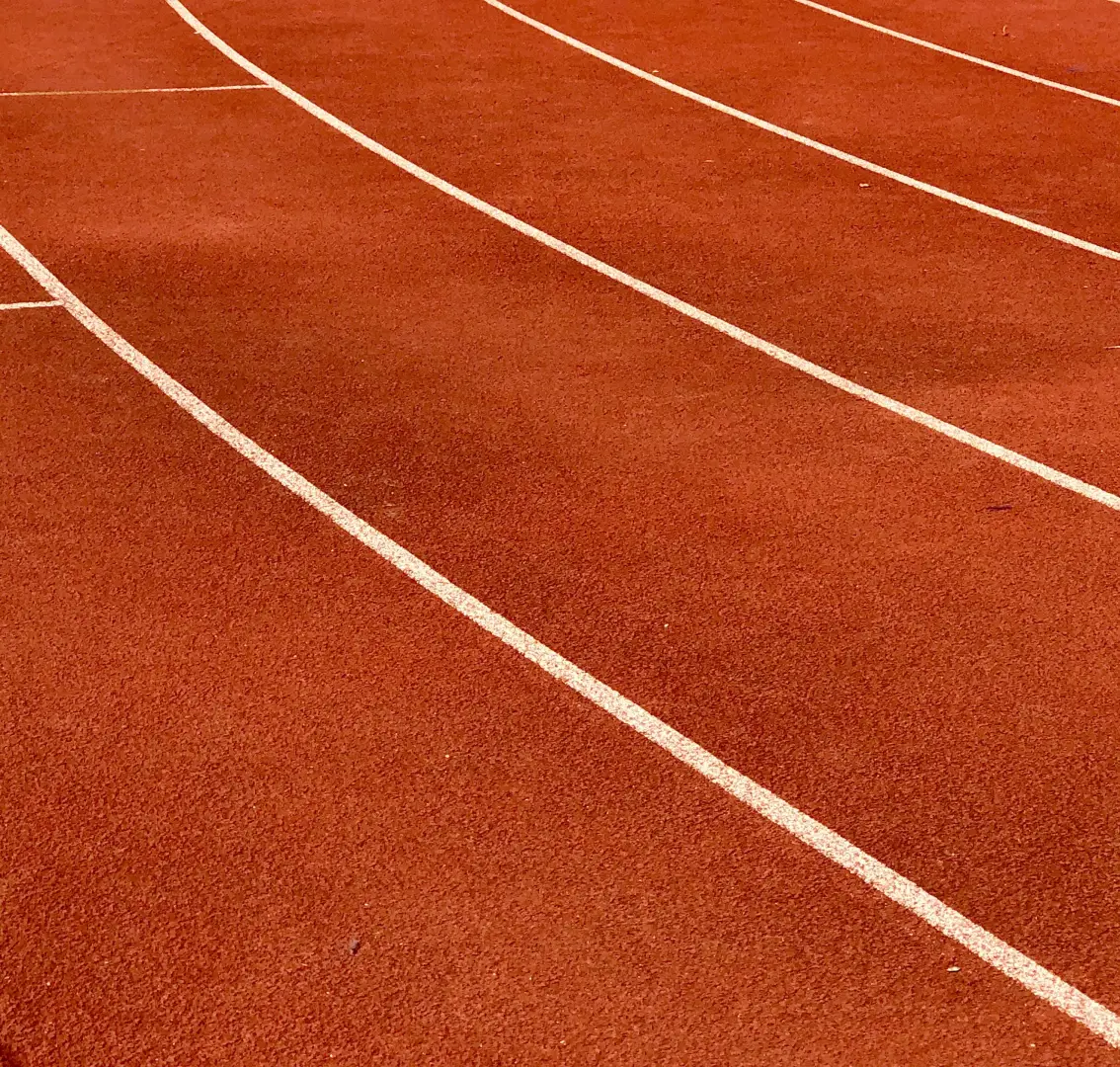Thomas Bach
President
International Olympic Committee
Av Général-Guisan 70
1009 Pully
Switzerland
11 November 2019
Re: Adoption of an 8th Fundamental Principle of Olympism on Human Rights
Dear Dr. Bach,
The Sport and Rights Alliance (SRA), a global coalition of NGOs and trade unions committed to human rights and anti-corruption in world sport, seeks to ensure sport governing bodies adopt a comprehensive approach to embedding internationally-recognised human rights within their operations and business relationships. The International Olympic Committee (IOC) has now had more than four years to fully assess and understand its corporate responsibility to respect human rights in line with the UN Guiding Principles on Business and Human Rights (UNGP). It is well past time for the IOC to commit to upholding respect for human rights and now implement this responsibility throughout the IOC’s entire enterprise and supply chain.
As global representatives and advocates for the people most deeply affected by the human rights risks associated with the delivery of sport, the SRA supports the call for the IOC to adopt an 8th Fundamental Principle of Olympism on Human Rights in the Olympic Charter, to ensure that the IOC’s responsibility to respect human rights is embedded in the constitutional document that governs the Olympic Movement. Indeed, the absence of such a commitment undermines the status of the Olympic Charter as the authoritative set of principles and rules that regulate the governance and conduct of sport throughout the world.
The SRA supports the following proposed language, which aligns with the UNGP framework and with best practice in the field of sport and human rights:
“The Olympic Movement is committed to respecting all internationally recognized human rights and shall strive to promote the protection of these rights.”
The IOC currently lags behind other leading sport bodies in implementing its responsibility to respect human rights. Yet, the Olympic Charter refers to the IOC as the “supreme authority” of the Olympic Movement, a position which carries with it the ultimate obligation to safeguard those who are most vulnerable and affected within the world of sport. If the IOC does not fulfill this responsibility, then no one will, as evidenced by the mounting cases of abuse connected to sport activities under the jurisdiction of the IOC.
Accordingly, the Olympic Movement and those affected by its activities look to the IOC to demonstrate ultimate leadership on human rights in sport. The SRA urges the IOC to adopt the 8th Fundamental Principle of Olympism on Human Rights into the Olympic Charter at its next IOC Session on 10 January 2020 in Lausanne, so that it takes effect in time for the Tokyo 2020 Summer Games. To this end, the SRA requests to meet with you before the January IOC session to discuss this critical first step in the UNGP framework and the plan for stakeholder engagement in implementing the remaining steps without delay.
Sincerely,
Gigi Alford
SRA Coordinator
On behalf of the SRA
About the Sport & Rights Alliance
The Sport and Rights Alliance’s mission is to promote the rights and well-being of those most affected by human rights risks associated with the delivery of sport. Its partners include Amnesty International, Committee to Protect Journalists, Football Supporters Europe, Human Rights Watch, ILGA – the International Lesbian, Gay, Bisexual, Trans and Intersex Association, the International Trade Union Confederation, Transparency International Germany, and World Players Association. As a global coalition of leading NGOs and trade unions, the SRA works together to ensure sports bodies, governments and other relevant stakeholders give rise to a world of sport that protects, respects, and fulfills international standards for human rights, labour rights, and anti-corruption.





